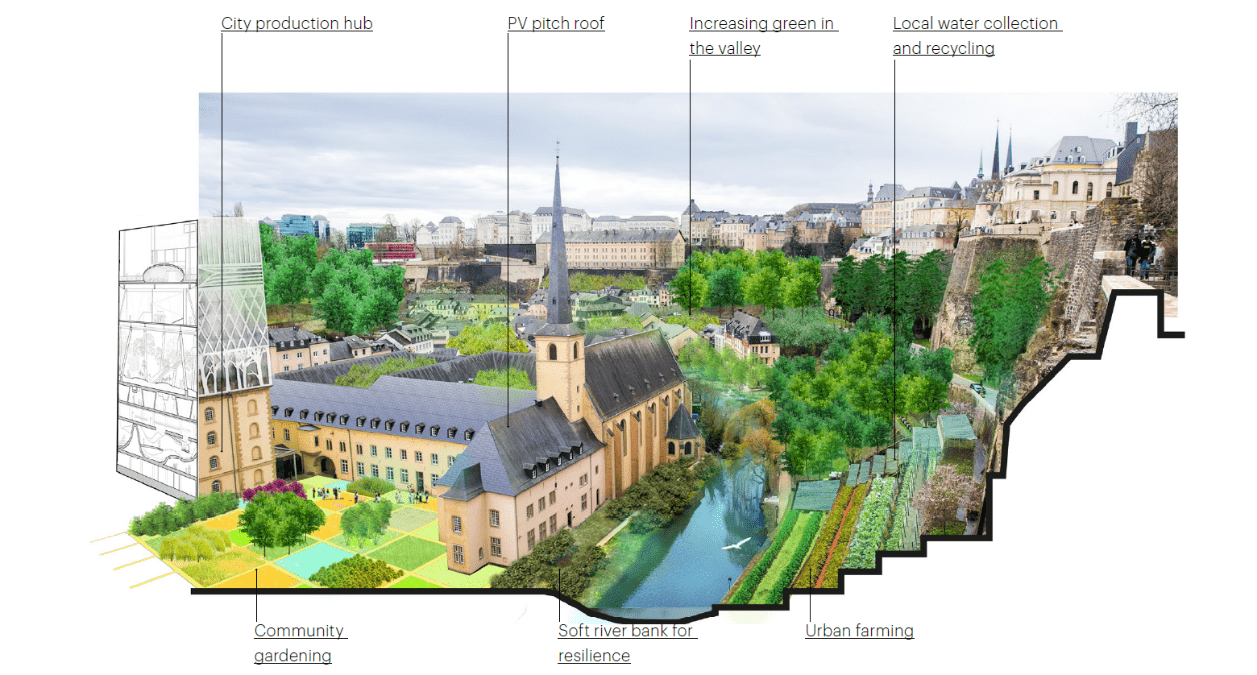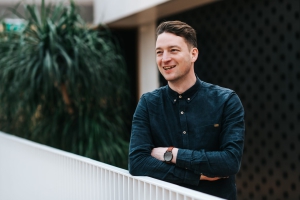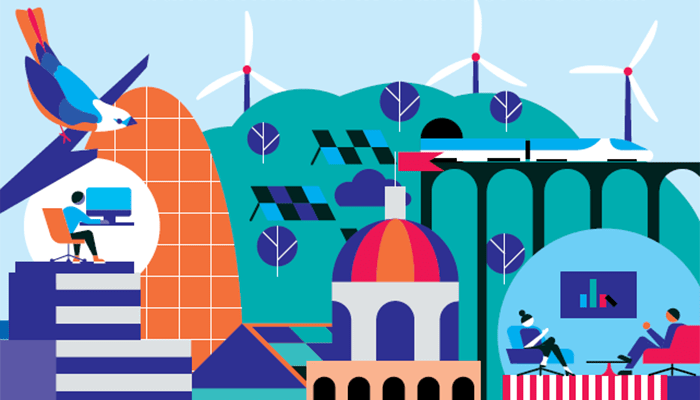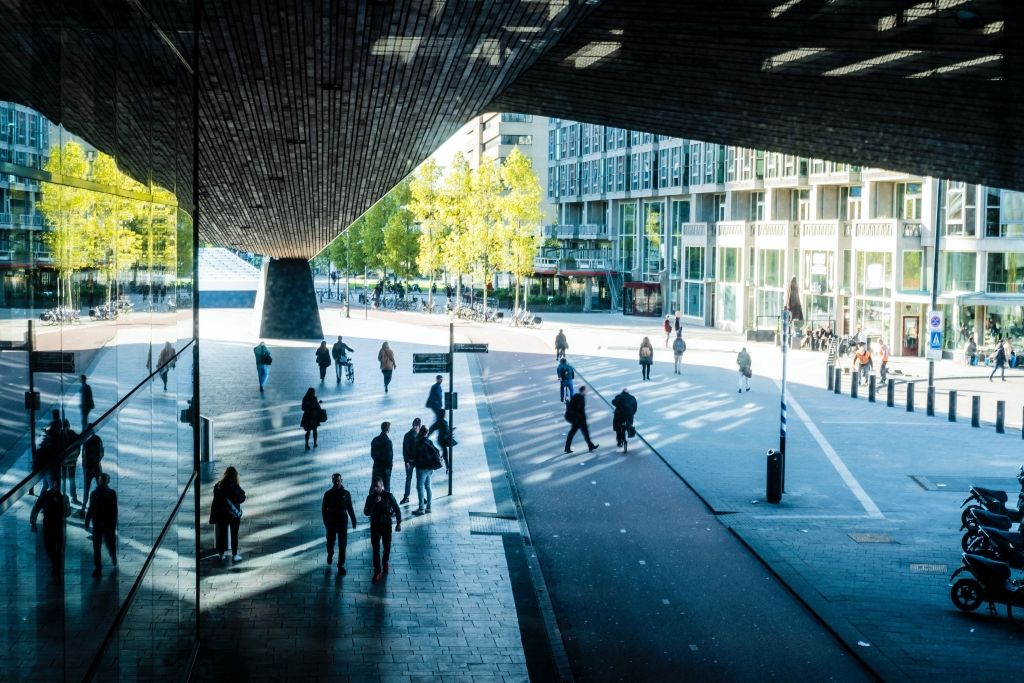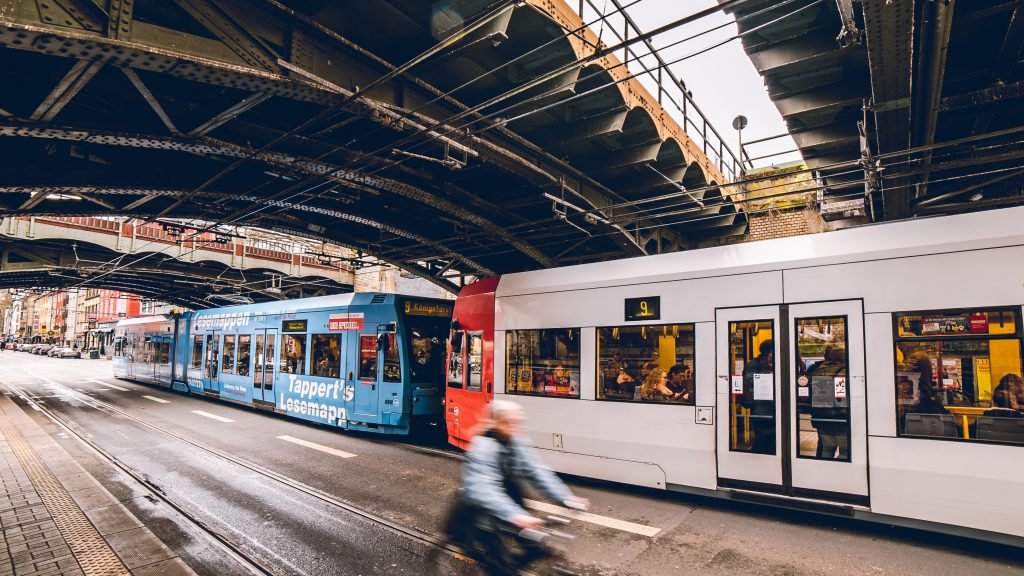DRIFT was part of a consortium co-creating spatial visions for the zero-carbon and resilient future of the Luxembourg functional region (Luxembourg, France, Belgium, Germany). Our vision become one of the three finalists to create a strategic plan. All three of these served as input for the region’s ultimate strategy.
The CO2 levels of our fossil-fuel-based economy are just one of the symptoms of the unsustainability of our societal systems. Shocks like COVID-19 forced Luxembourg to reckon with these dependencies. At the same time, sustainability transitions are already well underway. Diverse societal actors are increasingly aware of the urgency for fundamental change and are developing alternative initiatives. Like the car-free communities transforming their streets to outdoor living rooms, where children can play safely and parking places become green oases for biodiversity.
The Department of Spatial Planning of Luxembourg’s Ministry of Energy and Spatial Planning recognises that conventional planning approaches will not suffice in these times of transition. So they commissioned an urban-architectural and landscape consultation to illustrate how spatial design and planning can facilitate a transition towards a zero-carbon emission and a resilient society in 2050. Including external expertise helps expand your perspective on transitions and challenge biased and short-sighted practice, like the exclusive focus on the CO2 neutrality, which is but one of the many aspect of a regenerative resilient future for the region.
This consortium believes that our role as experts and designers must also change due to transition dynamics at play. Our methodology is co-produced and forms the starting point of a co-production process with local actors. We aim to facilitate the transfer of this approach as part of the upcoming phases. We see our role as follows: visualizing the ‘how’ of the transition towards a regenerative and resilient Luxembourg functional region, supplementing this with metrics, and sketching trade-offs in terms of positive and negative impact (as food, energy, water, mobility, and waste systems are all in transition at the same time, so what’s good for one system may not be great for another). In our proposed methodology, we illustrate that the actions, metrics, and governance can be included in one co-production process that, by engaging societal actors, will accelerate the transition of the region.
